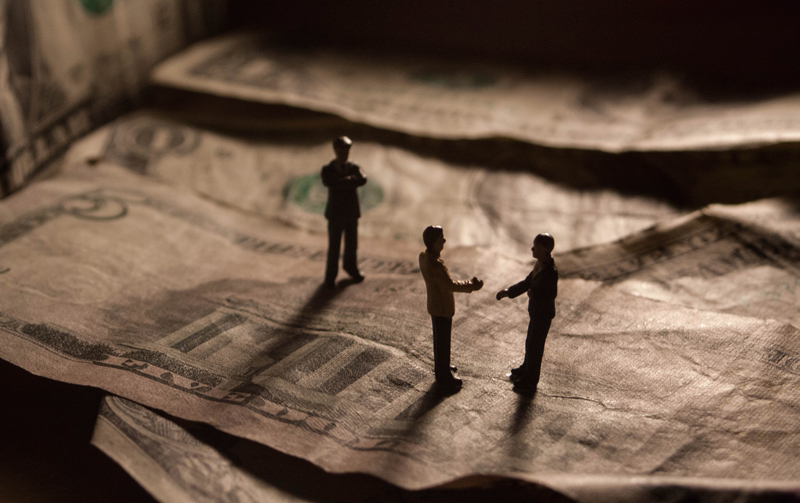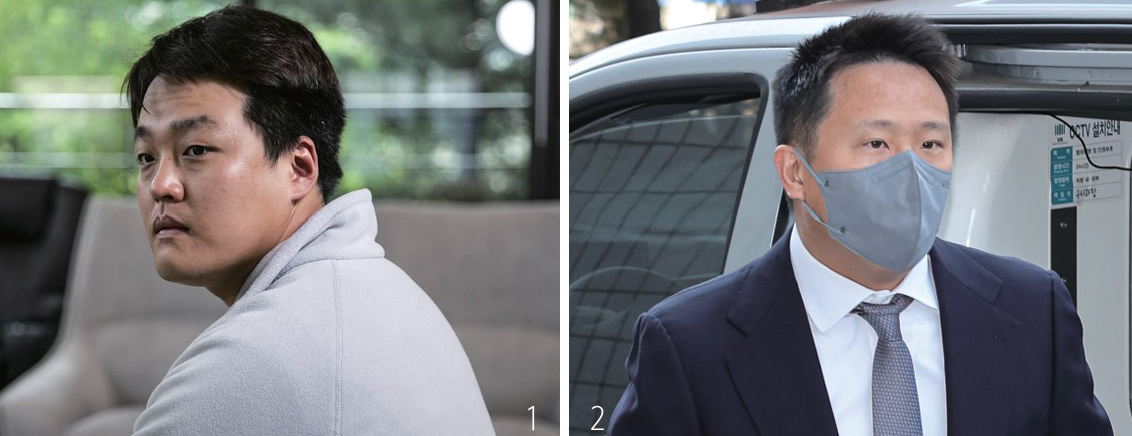On April 5, 2024 (local time), a jury in the U.S. District Court for the Southern District of New York found Terraform Labs and co-founder Dohyung Kwon liable for civil fraud charges filed by the U.S. Securities and Exchange Commission (SEC). This is a trial to determine responsibility for the collapse of the Terra ecosystem worth $40 billion (approximately 55.29 trillion won) in May 2022. The SEC charged Terraform Labs and Dohyung Kwon with misleading investors about the stability of Terra (UST), a so-called 'algorithmic' stablecoin, and the use cases of the Terra blockchain.
tense court battle
Jurors agreed with the SEC's argument that Dohyung Kwon and Terraform Labs deceived retail investors about the nature of the algorithm that pegs Terra to the U.S. dollar. SEC attorney Laura Meehan told the jury in closing arguments: When 'Jump Trading', one of the institutional investors, collapsed the $1 level of Terra in May 2021, it signed a secret contract with Dohyung Kwon and Terraform Labs and purchased millions of dollars of Terra, increasing the value of Terra to USD. restored to the same level. Meehan added that Kwon Do-hyung hid the involvement of Jump Trading in order to claim that the value recovery after Jump Trading's intervention was an algorithmic effect. The algorithm did not work, and the market price was manipulated through backroom trading.
According to Kwon Do-hyung's LinkedIn, he studied computer engineering at Stanford University from 2010 to 2015, served as the CEO of Anyify, a Wi-Fi P2P sharing service company, from January 2016 to October 2017, and founded Terraform Labs in January 2018. It is said to have been established in March. Anyify's location is Gyeonggi-do, Korea, but it appears that it has not achieved any special results.
It is known that Kwon Do-hyung and Timon's founder Shin Hyun-seong first met in December 2017. These two wanted to use stablecoins as an online payment method in e-commerce, such as Timon. 
At the Distributed Economy Forum in April 2018, Shin Hyun-seong explained that blockchain technology could be introduced for Timon payments. Timon pays about 100 billion won in annual payment fees, and if it can save this, it can invest more in research and development (R&D) for customers. Shin Hyun-seong also said that he is thinking about how to create a global payment system, not just payment in Korea.
Shin Hyun-seong spoke about more specific plans at the Upbit Developer Conference in September 2018. The plan is to make Terra the next-generation payment platform, and Timon plans to enable payments within the year. When selecting a payment method such as bank transfer, credit card, or simple payment at Timon, Terra payment is included as an option.
Shin Hyun-seong said, “Alipay and PayPal are the most successful payment systems. Alipay was able to grow significantly through Taobao, and PayPal was able to grow significantly through large e-commerce companies such as eBay,” and emphasized, “Terra must also be supported by e-commerce.” He claimed that he would be able to secure a total of 40 million users through 15 commerce partners, including Timon, Woowa Brothers, Pomelo, and Tikiwin Q10.
From April to September 2018, Terra is known to have attracted $32 million (approximately KRW 44.2 billion) in seed investment from 13 investment companies, including Binance Labs, Huobi Capital, Dunamu & Partners, and Hashed. Additionally, from January 2019 to May 2020, LUNA is known to have raised $62 million (approximately KRW 85.6 billion) through ICO. At the time, Kwon Do-hyung was almost unknown in the industry, so the initial success of Terraform Labs appears to have been largely due to Shin Hyun-seong and the publicity that Timon was used for payments.
 |
| Photo 1 Dohyung Kwon, CEO of Terraform Labs. News 1 Photo 2 Shin Hyun-seong, co-founder of Terraform Labs and former general manager of Chai Corporation, is heading to court to be interrogated as a suspect (substantive warrant review) before arrest at the Seoul Southern District Court in Yangcheon-gu, Seoul on March 30, 2023. yunhap news |
2 years since the incident, no punishment
From then until May 2022, the rise and fall of the Terra-Luna Empire is well known. The problem is that even two years after the incident occurred, no one has been punished or held accountable. Arrest warrants for Shin Hyun-seong filed on November 29, 2022, and March 27, 2023 were all dismissed. On April 25, 2023, the prosecution indicted Shin Hyun-seong without detention on charges of acquiring at least KRW 462.9 billion worth of unfair profits by promoting Terra as being successful despite the virtual asset payment business being impossible, and defrauding approximately KRW 376.9 billion. did. Shin Hyun-seong claims that he split from Kwon Do-hyung before the Terra-Luna incident. However, he realized a profit of 462.9 billion won by selling the Luna he owned before the plunge. It is also known that the profits earned by those around him are up to 200 billion won.
The U.S. Securities and Exchange Commission (SEC) accused Kwon Do-hyung of fraud on February 16, 2023, saying, “(He) had stored 10,000 Bitcoins in a ‘cold wallet (a physical storage that can store virtual assets).’ “Starting in May 2022, these funds were periodically transferred to Swiss banks and cashed out, and the cash withdrawn from Swiss banks is known to amount to $100 million (approximately 140 billion won).”
A Terraform Labs spokesperson told CoinDesk following the jury's verdict in the U.S. District Court for the Southern District of New York:
“We are very disappointed with the verdict, which is not supported by the evidence. “We continue to assert that the SEC has absolutely no legal authority to bring this lawsuit, and we are carefully reviewing our options and next steps.”
Kwon Do-hyung wants to be tried somewhere other than the United States. The majority of investors lost money, and they made astronomical amounts of money. And no one was punished.
No comments:
Post a Comment